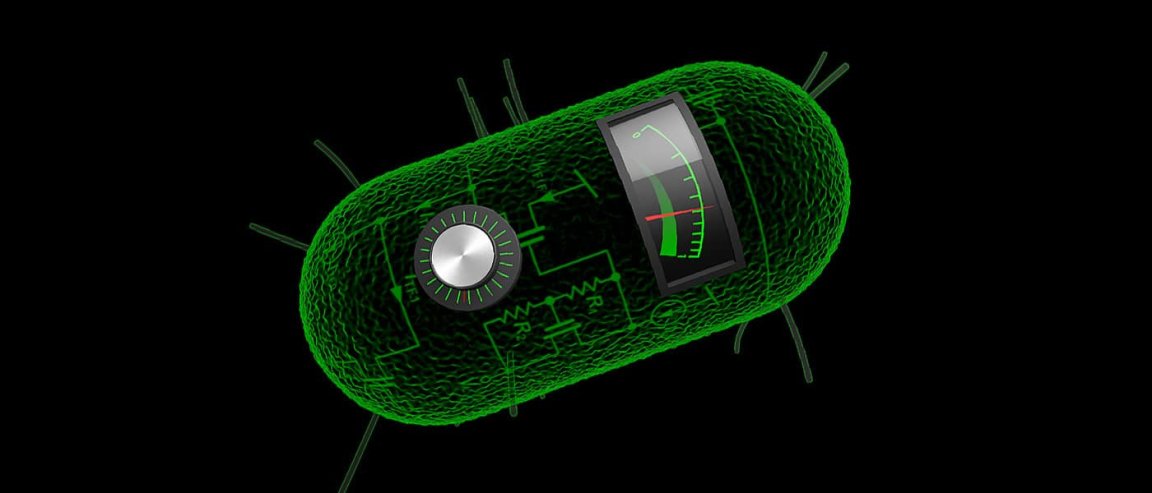
The super peptide
Several recent studies have shown how bacteria can easily adapt and develop antibiotic immunity. The United Nations elevated one case to a crisis, on the same level as Ebola and HIV. A recent study by a UK commission estimates that, if no new antibiotics are made, bacterial infections will kill 10 million people each year by 2050.
It’s a problem, one connected to antibiotic use and the adaptation capabilities of bacteria. As a solution, scientists look to antimicrobial peptides, naturally occurring proteins that can kill bacteria and other known microbes (fungi and viruses).
A team of researchers from MIT, the University of Brasilia, and the University of British Columbia just gave the natural protein a boost, engineering an antimicrobial peptide that could kill many types of bacteria, even those resistant to most antibiotics.
“We have engineered a synthetic peptide called clavanin-MO, derived from a marine tunicate antimicrobial peptide [clavanin A], which exhibits potent antimicrobial and immunomodulatory properties both in vitro and in vivo,” according to the study in Scientific Reports.
Superbugs may have finally met their match.

Resisting antibiotic resistance
Naturally occurring antimicrobial peptides breach the cell membranes of their targets and disrupt their insides, including their proteins, DNA, and RNA. They also recruit leukocytes that secrete chemicals to kill invading microbes — a feat traditional antibiotics can’t do. They also suppress overactive inflammatory responses that result in sepsis.
Clavanin-MO has improved bacterial killing abilities thanks to an added sequence of five amino acids making it more hydrophobic — allowing it to interact with and translocate to membranes more effectively. A test on mice showed that Clavanin-MO could kill strains of E. coli and Staphylococcus aureus that are extremely antibiotic resistant.
“This peptide is exciting in the sense that it provides a new alternative for treating these infections, which are predicted to kill more people annually than any other cause of death in our society, including cancer,” says MIT’s Cesar de la Fuente.
As of now, the researchers are working on understanding what makes this super peptide more effective than naturally occurring versions. Clavanin-MO can still be improved, and when it becomes available for human application, it can work on its own or in tandem with traditional antibiotics.